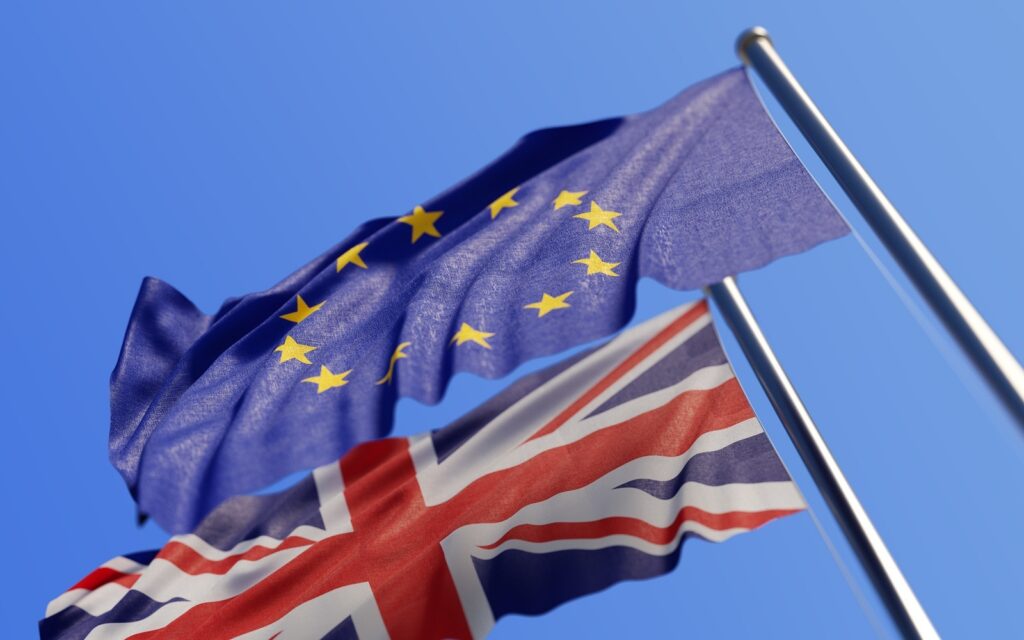A hard Brexit that sees Great Britain fall out of the Internal Energy Market (IEM) could cost consumers as much as £270 million a year, a new report from the UK Energy Research Centre (UKERC) has claimed.
The new research claims that a so-called ‘Elecxit’, and the subsequent uncoupling of the GB energy market with Europe’s, could significantly dampen Britain’s ability to trade power effectively.
The UKERC argues that leaving the IEM could result in a return to the inefficient and error-prone trading routines which occurred before its advent, when cross-border energy trades were based on anticipated rather than actual prices as a result of markets closing at different times.
Such trades resulted in errors and underused capacity, with energy flowing the wrong way and a much “noisier” trading pattern.
The introduction of the IEM resolved these errors by coupling energy markets, meaning that trades were conducted on the basis of actual market prices. As a result, energy trading became more efficient and saw power “almost always” flow from low- to high-priced markets, flattening price curves.
But the UKERC has warned that a hard ‘Elecxit’ could see Britain fall back into something resembling the old system as the country’s energy market becomes uncoupled from that of its neighbours.
And furthermore, the transition to renewables and greater energy trading capacity could result in both more significant and more frequent errors.
In predicting electricity trading patterns in 2030 and comparing a ‘Soft Elecxit’ – where the respective energy markets remain coupled – and a ‘Hard Elecxit’ – where the markets are uncoupled – UKERC has placed the added cost to electricity generation in the British and French markets at around £500 million, equivalent to 1.5% of the market value.
As Great Britain would incur around 60% of these charges, this would equate to an extra £270 million on household bills.
The research was compiled by academics at Imperial College London and Dr Iain Staffell, who contributed to the research, was quick to specify how important having efficient trading situations with neighbouring energy markets will be to the energy transition.
“Britain leads the world in how it has decarbonised its power system, and recently passed the point of having more renewables installed than it does fossil-fuelled power stations. With ever more electricity coming from variable sources, having inefficient trade with our neighbours would cause real harm to consumer electricity bills, not to mention the security and stability of electricity supply,” he said.
As Britain’s Brexit continues to occupy much of Westminster’s time, energy has appeared to slip further and further down the priority list, despite repeated calls from the sector outlining the importance for a deal that results in a trading situation as close to the status quo as possible.
Last month, leading figures from the UK and Europe’s energy trade bodies wrote to the European Union’s chief negotiator Michel Barnier and the then-Brexit secretary Dominic Raab, who has since resigned from the post, to stress the importance of an agreement that includes continued cooperation on energy trading and climate policy.
MPs are due to vote on Prime Minister Theresa May’s Brexit deal next Tuesday.






